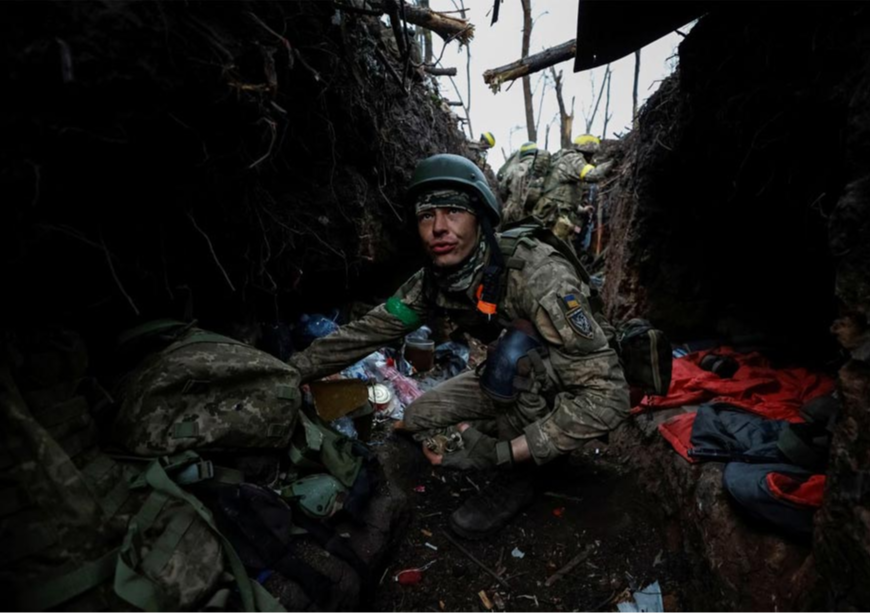-
CENTRES
Progammes & Centres
Location

As the Russia-Ukraine war crosses its two-year mark, both sides along with countries across the globe continue to suffer the devastating consequences of war, yet an end still appears elusive.
A military resolution to the war is unlikely given the current stalemate. Both sides have tried various strategies—offensive as well as defensive—without either coming close to a decisive victory. Any sustainable peace needs to be based on the principles enshrined in the UN Charter, including respect for sovereignty and territorial integrity. A sound strategy implies getting the balance right between ends, ways, and means. That is missing on both sides of the conflict.
Any sustainable peace needs to be based on the principles enshrined in the UN Charter, including respect for sovereignty and territorial integrity.
Rethinking the European security architecture, which is essentially shattered, is fundamentally needed. Therefore, the goal of any political process needs to acknowledge Ukrainian insecurity vis-à-vis Russia as well as Russian insecurity vis-à-vis the West. This acknowledgement on both sides needs to guarantee Ukrainian sovereignty and territorial integrity while simultaneously ensuring Russian sensitivities are taken into account by the wider West in the construction of a new security order. This is imperative for a durable resolution, without which tensions are likely to continue to simmer and erupt suddenly and dramatically.
Even while stalled militarily, the war is continuing to pile immense pressure on the wider global economy and the world. The Global South demands that the war be resolved as soon as possible to alleviate further suffering. Sustainable resolutions cannot work without taking into account how this war has harmed many poorer and less-developed nations. From their perspective, too, a long-term resolution is vital for the development agenda, which has become a casualty of the war. As India has emphasized, war is not the solution; dialogue and diplomacy will have to play a larger role.
Sustainable resolutions cannot work without taking into account how this war has harmed many poorer and less-developed nations.
Unless a genuine modus vivendi—embedded in a newer security logic, architecture, and perspective for the region—is found between the aspirations and insecurities of both sides, a sustainable resolution will remain elusive. Before further death and destruction take place, Ukraine, Russia, and their allies should seriously think about diplomacy or a political process that involves, at its core, the UN Charter and its principles. Both sides’ priorities should be acknowledged, and the goal should focus on determining a lasting political resolution. This appears the only logical way forward.
This commentary originally appeared in Council on Foreign Relations.
The views expressed above belong to the author(s). ORF research and analyses now available on Telegram! Click here to access our curated content — blogs, longforms and interviews.

Professor Harsh V. Pant is Vice President – Studies and Foreign Policy at Observer Research Foundation, New Delhi. He is a Professor of International Relations ...
Read More +
Shairee Malhotra is Associate Fellow, Europe with ORF’s Strategic Studies Programme. Her areas of work include Indian foreign policy with a focus on EU-India relations, ...
Read More +